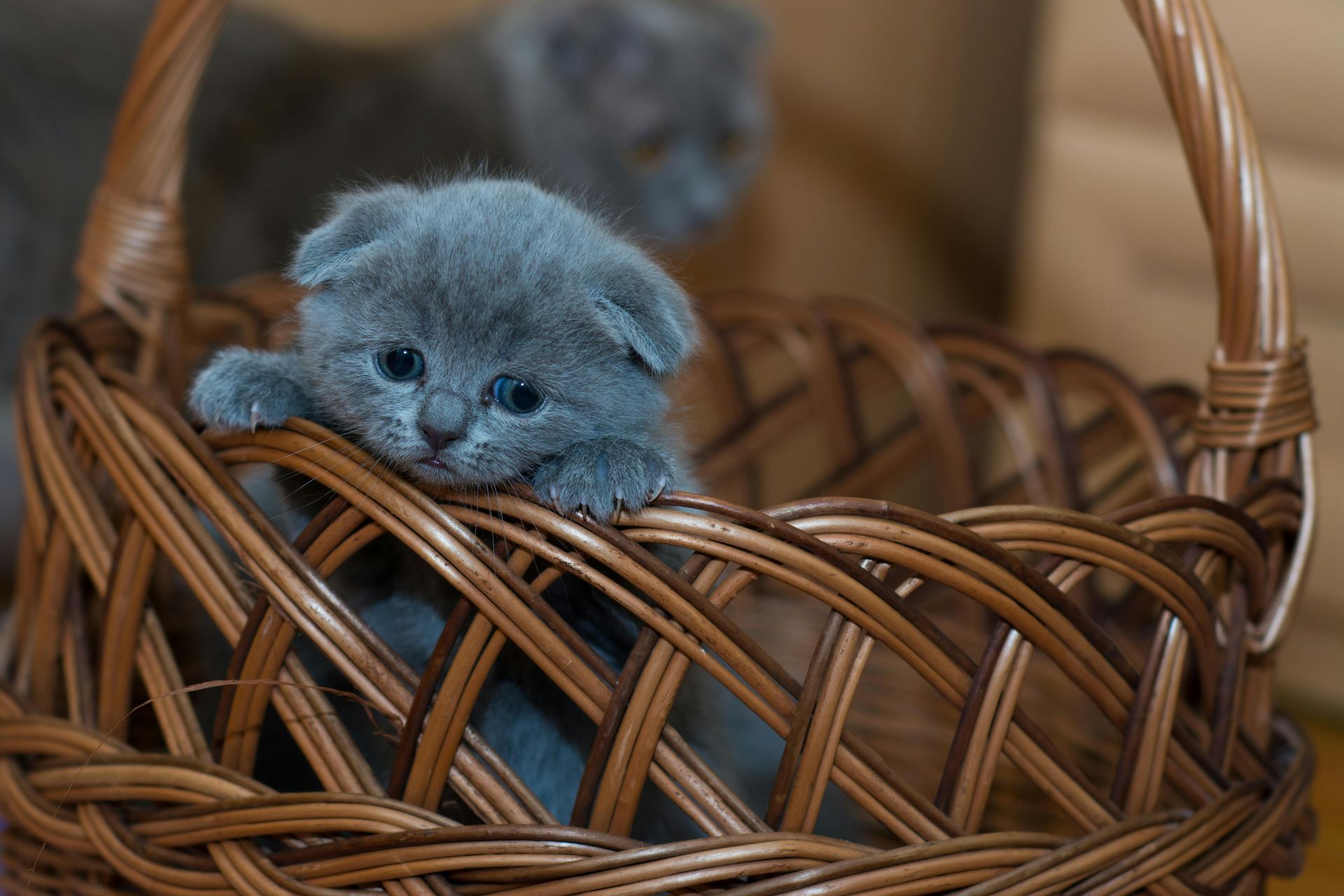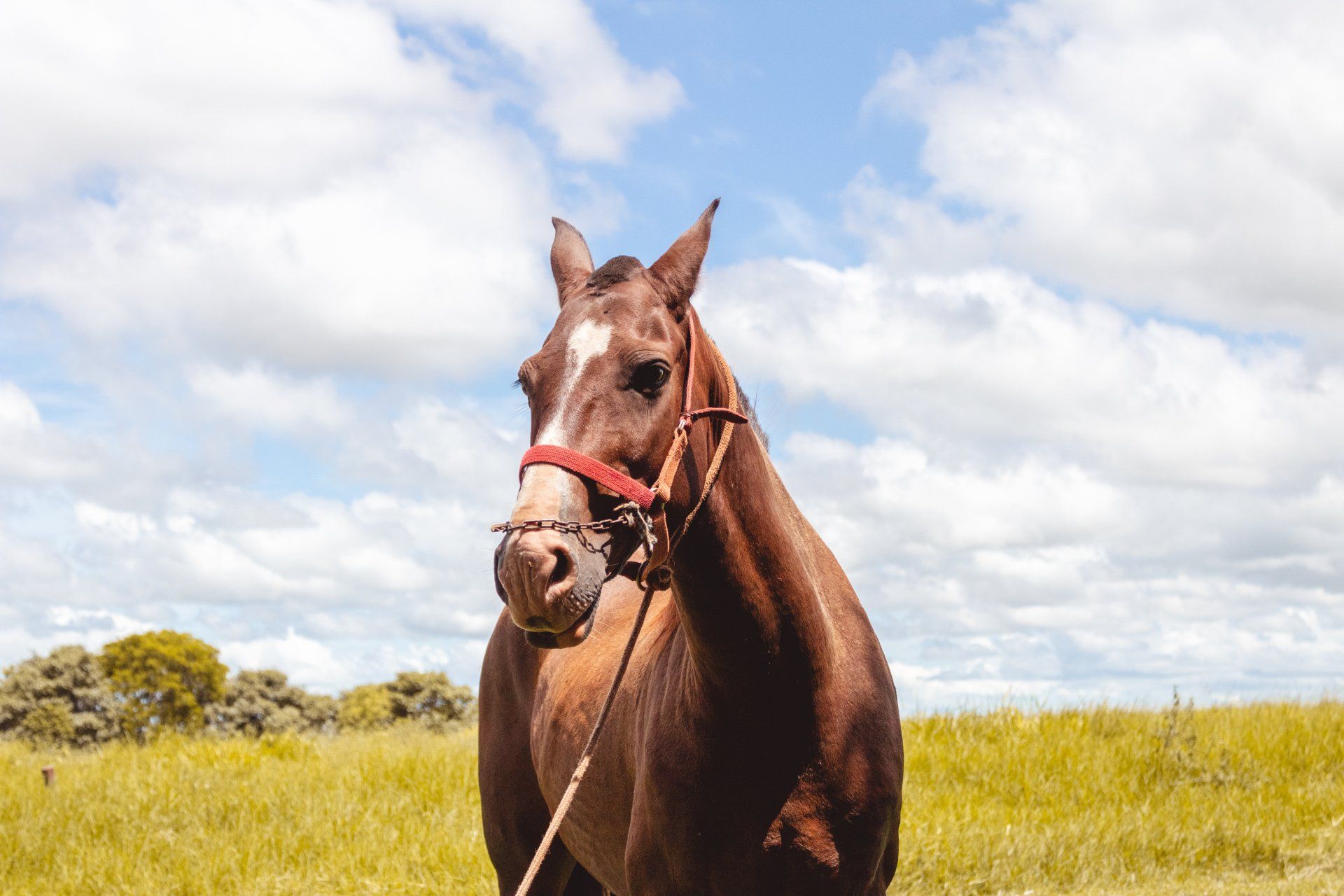Obsessive and Possessive Behaviors in Dogs
Identifying obsessive dog behaviors
A normal dog plays well with others - it's owner, children, and other dogs. Balanced dogs may like one toy or game more than another, but it's still a game. Playing is not a life or death situation for a normal dog, however an obsessive dog will take such games very seriously. Their play will have a much higher level of intensity and seriousness.
When a dog is becoming obsessive, their face and body language will visibly change. The most noticeable change is that their body will stiffen. Often, a glaze will form over their eyes, their pupils become fixated, and you can't distract your dog's gaze or get their attention. It appears as if they are in a trance. At this point in time, they entered a zone in which there is no lightheartedness, no relaxation, and no joy in play. A good analogy is a gambling addict at a slot machine: mechanically pulling the one-armed bandit over and over again, fixated on it, but clearly not having fun. Obsession is not a happy place to be. It's a zone in which an animal is blind to everything around them that should make them happy.
Why do dogs develop Obsessive/ possessive behaviors
When dogs have fixations and obsessions, it usually means one of two things: that they have unreleased energy they need to get rid of or they have an insecurity of some sort.
This brings two questions to mind:
- How much are you exercising your dog? Again, exercise is a very effective therapy for many dogs. If your dog is often left at home while the family is a work/ school, enrolling your dog in a doggy daycare program can be very beneficial.
- Are you giving your dog enough mental stimulation? Highly intelligent breeds need a lot of mental stimulation and are known for their innate intuition and acute sensitivity. In order to fulfill their instinctual needs, you may need to invest more time in your dog's exercise routine. (Herding breeds may need to be enrolled in herding classes or sheepdog trials).
Methods on Correcting obsessive dog behaviors
- Most of the time an obsession is something that the dog has discovered can work as an outlet for anxiety, frustration, or suppressed energy. For this reason, the first thing to do is to make sure that your dog is properly exercised and is not living with pent-up energy.
- The obsessive/possessive behavior needs to be corrected immediately. As your dog's leader, you must be able to pick up on their body language for the subtle signs that your dog is getting into an obsessive state and stop them at level one before they escalate to level ten. Your job is to correct the dog, bringing them to the highest level of submission. During this process, you should keep the toy or object of obsession (if that's what it is) next to them until they move away from it voluntarily. A common mistake made by a lot of dog owners is to snatch a toy away and say, "No!" When you do this, it serves to escalate the obsession to a higher level, making the object prey, and making you a potential target. Your dog may not want to bite a family member, but they are in a state now where they can't stop on their own. Remember, dogs don't rationalize.
- Another solution involves your leadership role. Dogs are pack animals and will fall into a hierarchy of leadership within the pack. You need to be the pack leader for your dog, especially when your dog has developed bad habits and behaviors. It is important to keep your dog calm, so encourage a calm state prior to any play activities. Calmness should be encouraged even before affection and walks. This teaches your dog that he/ she must remain calm before an activity can begin.
- Medication: If you feel that your dog's behavior is worsening, you may need to contact a veterinary professional who can prescribe anxiety medication. This medication should be used as a stepping stone, not a crutch/ fix all. The medication serves as a jump start to behavior modification.
Article written by Dr. Greg Roadruck
Edited and published by Dr. Jeffrey R. Fink for use on the websites of the Orrville Veterinary Clinic, Seville Wadsworth Veterinary Clinic, and Akron Barberton Veterinary Clinic.












